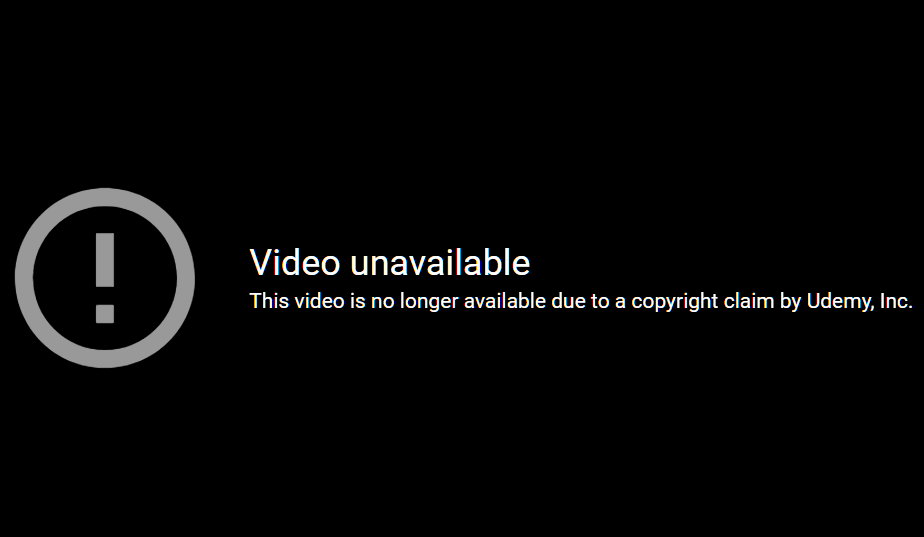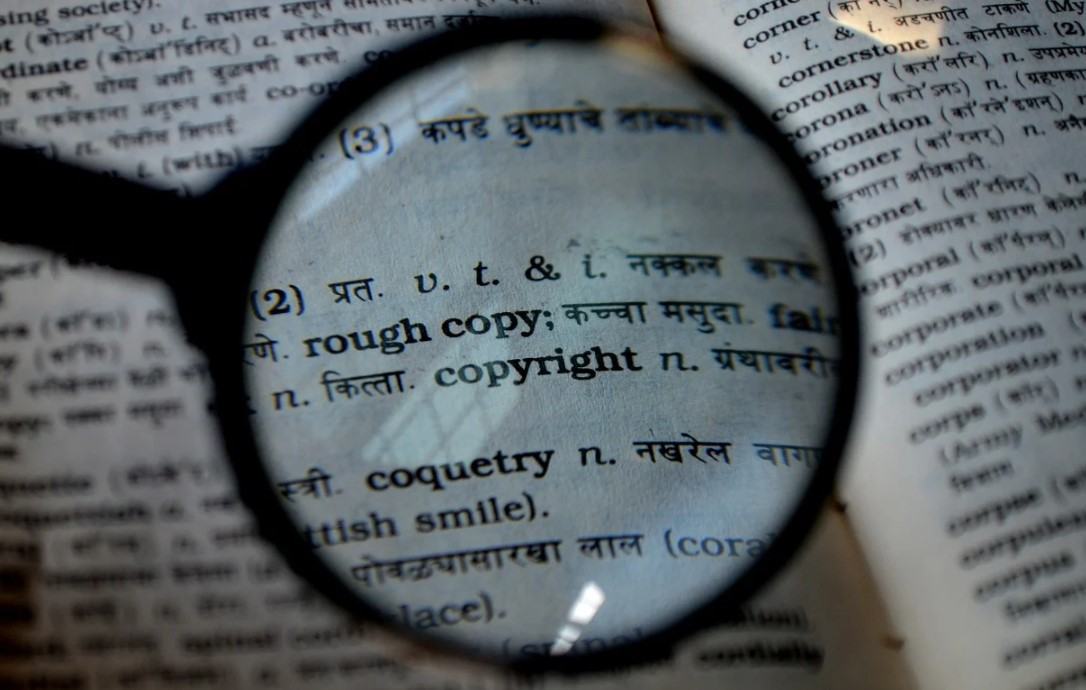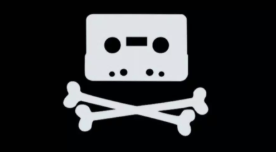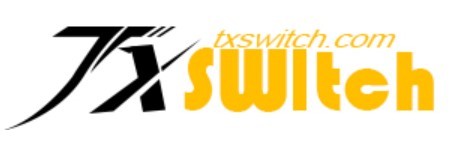-
chevron_right
EU Research Unveils “Most Pirated” Movies, TV-Shows and Music
Ernesto Van der Sar · news.movim.eu / TorrentFreak · Tuesday, 8 December, 2020 - 11:40 · 5 minutes
 The European Union Intellectual Property Office ( EUIPO ) regularly conducts studies to see how piracy develops over time.
The European Union Intellectual Property Office ( EUIPO ) regularly conducts studies to see how piracy develops over time.
These studies help the public to understand local piracy trends and can be used as input for future policy decisions.
Last month, for example, EUIPO research showed that EU citizens increasingly pay to access content legally. However, a group of stubborn pirates , who often pay for legal content too, remains.
This week, EUIPO released another in-depth piracy report titled “Online Copyright Infringement in the European Union.” The research is a follow-up to a report published last year which found that access to pirated content across Europe dropped by more than 15 percent.
Last year’s study revealed some broader effects as well. For example, it found that people from lower-income countries tend to pirate more and that awareness of legal options doesn’t always decrease piracy.
Most Popular Pirated Titles
The new research is partly based on the same data, which was purchased from the piracy tracking firm MUSO. Instead of looking at the broader piracy effect, this time the research zooms in on the most pirated movies, TV-shows, and artists.
These data are estimated from public BitTorrent tracker data which were extrapolated to other piracy services, such as streaming and direct download sites. While this method is far from exact, it should give a good indication of the broader piracy demand.
The 123-page report is in large part made up of tables with the most pirated titles in the EU as a whole and in individual member states. It’s based on data that covers only part of 2018, which means that it’s limited in scope and a bit dated. Still, it’s worth scanning over the results.
Justice League, Walking Dead, and Ed Sheeran
With over 42 million estimated downloads, Justice League was the most downloaded movie in the EU. The Walking Dead was the most pirated TV-show, with over 435 million downloads, and with nearly 7.5 million downloads, Ed Sheeran was the most pirated musician.

The most popular titles and artists show a lot of overlap between EU countries. That said, there are some local outliers as well.
Local Favorites
For example, the Norwegian metal band Immortal tops the music piracy chart in Norway, and the Swedish metal band HammerFall takes the top spot in Sweden. In Spain, American singer Luis Fonsi is pirated more than any other artist, and in Germany Bob Dylan managed to beat Ed Sheeran by a few thousand downloads.
There are similar outliers for movies and TV-shows. For example, The Mummy was disproportionately popular in Spain, taking the top spot in the film category. In the TV category, South Park does surprisingly well in Finland, beating all other shows.
These local trends are intriguing, but they don’t necessarily lead to broader conclusions. However, a more analytical approach shows that there is something to learn.
Film Piracy Findings
The findings show that there isn’t that much difference in film tastes between various countries. There is a lot of overlap between the 30 most pirated films per country and for the EU as a whole. Also, piracy is mostly affecting newer and commercially successful mainstream films.
This leads to the perhaps obvious conclusion that commercial success is linked to piracy. In other words, when more people see a movie in the theater, it’s pirated more frequently as well.
“This analysis shows that commercial success is associated with higher levels of piracy: when the number of tickets sold increases by 10 %, the number of illegal downloads increases by 3.7 %,” the findings read.
The second film piracy effect is more intriguing. Films from Canada, Australia, China, Finland, Germany, India and Russia take a bigger share of the total pirate downloads, compared to the total box office numbers.
“Piracy of films from these seven countries represents 2.8 % of film piracy and 1.8 % of admissions in EU cinemas. Although the total cumulated piracy of the last group is low, they suffer a relatively higher piracy rate than the more widely distributed films.”
This can be partially explained due to the fact that these films are not always available legally due to limited availability in movie theaters. Piracy is then a convenient alternative.
TV and Music Piracy
TV-shows are by far the most popular content on pirate sites. Obviously, more recent TV-shows are pirated more frequently but the link with legal consumption is less clear than with music and films.
While there’s a bit more variety in taste between EU countries, on average, 19 of the 30 most popular series are also on the EU’s top 30 list.
Local differences are most apparent when it comes to music, as our examples earlier already illustrated. On average, 16 of the most popular artists in a country also appear in the EU’s top 30.
In terms of volume, music is the least popular category of the three. The most popular artist, Ed Sheeran, was downloaded 7.5 million times while The Walking Dead topped 435 million downloads.
In addition, it appears that piracy preferences are lagging behind actual sales a little.
“In music, there is also a relationship between commercial success and piracy, although with a delay: many of the best-selling musicians of 2017 were the most pirated artists in 2018,” the report reads.
Conclusions and Future Research
The EUIPO study concludes that piracy seems to be driven by demand. Consumers want to watch the content that’s most appealing to them, legally or illegally. When it becomes harder to access something through legal channels, piracy tends to increase.
“These results underscore the importance of legal accessibility as one of the ways in which consumption of pirated content can be reduced,” the report concludes.
With the constantly evolving media landscape, EUIPO’s Audiovisual Observatory plans to follow up the current findings with more in-depth research. This includes the effects of movies that skip cinema releases and are made available on-demand immediately, by Netflix and Amazon for example.
And with Warner Bros’ recent decision to premiere all 2021 movie titles on HBO Max and in cinema simultaneously, another area of research just popped up.
—
A copy of the “Online Copyright Infringement in the European union title-level study: Film, Music and TV”, is available here
From: TF , for the latest news on copyright battles, piracy and more.




 Hacking group Team-Xecuter has long been a thorn in the side of major gaming companies.
Hacking group Team-Xecuter has long been a thorn in the side of major gaming companies.

 When the Digital Millennium Copyright Act (DMCA) was introduced in 1998, file-sharing was a fringe activity, and online streaming a futuristic idea.
When the Digital Millennium Copyright Act (DMCA) was introduced in 1998, file-sharing was a fringe activity, and online streaming a futuristic idea.
 Operating a mixtape site is not without risk. By definition, mixes include multiple sound recordings that are often protected by copyright.
Operating a mixtape site is not without risk. By definition, mixes include multiple sound recordings that are often protected by copyright. Over the past several years, independent photographers have filed more than a thousand lawsuits against companies that allegedly used their work without permission.
Over the past several years, independent photographers have filed more than a thousand lawsuits against companies that allegedly used their work without permission.
 Nintendo is doing all it can to stop the distribution of piracy enabling hacks and modchips, including SX Core and SX Lite.
Nintendo is doing all it can to stop the distribution of piracy enabling hacks and modchips, including SX Core and SX Lite.